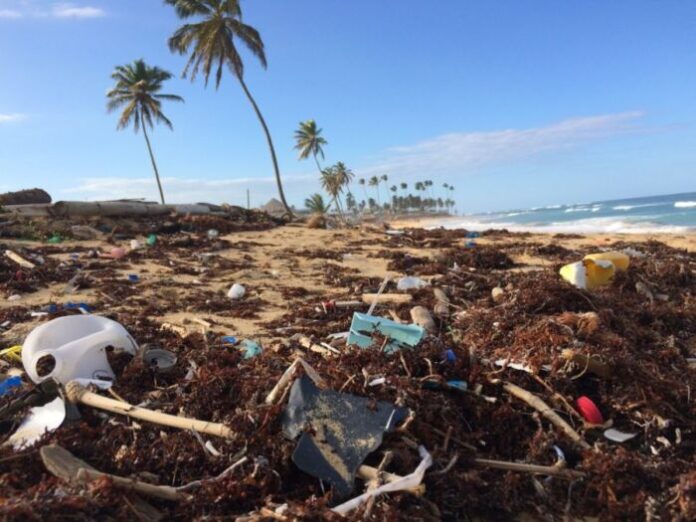
Plastic-free beaches also in Tuscany. After Puglia, Tuscany also bans disposable plastic items from the summer of 2019. In nine hundred bathing establishments, along about 230 km of coastline, giving food and drink in non-recyclable disposable containers will be forbidden.
The Tuscany Region, in fact, anticipated the objectives of the European Directive, that in recent days has also received the approval of the EU Council, and that will become effective starting from 2021. No more plates, glasses, straws and disposable cutlery, therefore, to try to stem the plastic emergency at sea which is becoming increasingly worrying. It will be possible to use only those biodegradable and compostable already on the market.
The agreement, which takes the name of “Sustainable Beaches”, will be signed in the next days by the Region and trade associations (Confesercenti, Confcommercio, Cna Toscana, Confartigianato, Confindustria, but other names will also be added later, as they are an open protocol) and will provide for heavy penalties in the event of irregularities. Containers for separate collection will also be installed on free beaches.
According to a Coldiretti analysis based on Eurobarometer data, in Italy one citizen out of four (27%) has already avoided buying disposable plastic items such as plates, glasses or cutlery while as many as 68% believe it would be appropriate to pay a surcharge for these products.
Disposable plastic items represent about half of the waste found on European beaches, causing serious damage to the environment, ecosystem and marine fauna, but also to productive activities such as tourism, fishing and maritime transport.
Plastic is one of the main threats to marine ecosystems and represents an increasing risk for biodiversity, the environment, the economy and health. According to data released by Clean Sea Life, around 8 million tons of plastic are discharged worldwide every year, and these numbers are destined to increase if no action is taken with drastic policies aimed at favoring the correct disposal of waste, especially those in plastic that most threaten the seas around the world.
The objects that you can found most frequently are disposable: bags (of any use and size, from garbage to bags for handkerchiefs), bottles and their caps, ear sticks, cigarette butts, balloons, sanitary napkins. Many containers: various bottles, canisters, baskets. And above all many, many plastic fragments, a sign that many of these objects have already begun to disintegrate.
The decision adopted by Puglia, first, and then by Tuscany is not only at the forefront but is seen as a model for the rest of Italy and the world, threatened by the growing production of waste and – often – inability to manage it. An act of civilization towards the planet and towards humanity, which increasingly feels the need to safeguard the environment to safeguard its future.



































